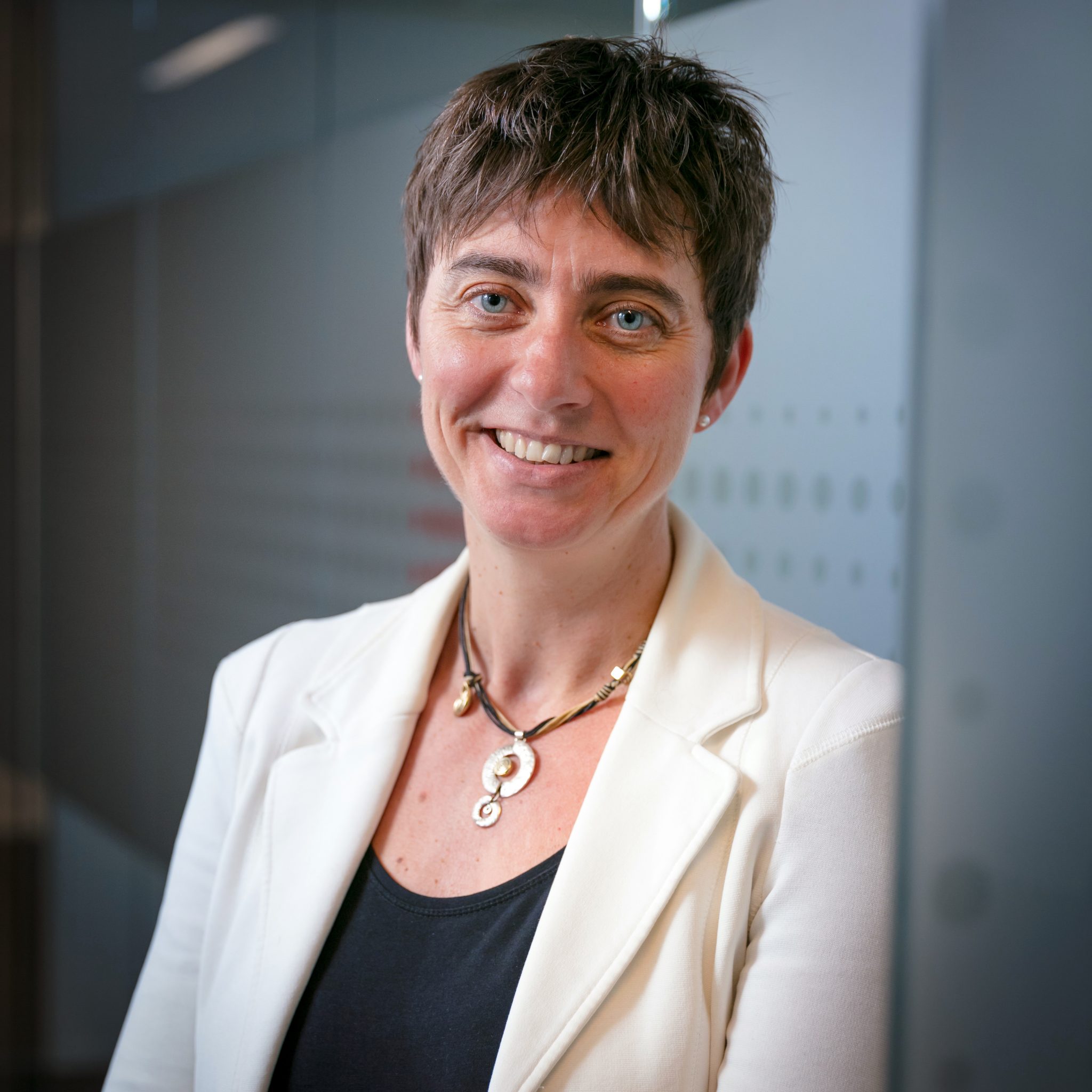
Mireille Broeders appointed full Professor of Personalized Cancer Screening
Mireille Broeders of the Department for Health Evidence has been appointed full professor of Personalized Cancer Screening. This appointment became effective on 1 May 2020.
Mireille Broeders first got involved with cancer screening during her PhD project (Radboud University, 2004) where she evaluated the impact of the Nijmegen breast screening program, established already in the mid-70s of the last era. Over the past decade, she has developed a research line to identify the added value of introducing personalized risk-based approaches in the current age-based cancer screening programs, with a focus on breast cancer screening. As professor, a key question to address is whether personalized screening strategies, tailored to a person’s individual risk of cancer, are able to improve the balance of benefits and harms related to screening, both for persons at lower and higher than average risk of the cancer. To answer this question, Mireille initiated the nation-wide PRISMA study and created a unique screening cohort where all information to assess a woman’s individual risk for breast cancer has been collected prospectively from 50,000 women. The results of PRISMA will become available over the next five years and are expected to provide the basis for an evidence-based policy decision on personalized breast cancer screening in the Netherlands. Mireille: “But of pivotal importance is that we also understand whether this new personalized risk-based approach is acceptable to citizens and health professionals. Our studies so far strongly indicate that communication will be key in introducing this new approach.” Through her position at the Dutch Expert Centre for Screening (LRCB), Mireille further performs research to improve the quality of breast cancer screening. With her team and collaborators, she explores the possibilities of introducing technological developments, particularly AI algorithms. New potential tests are becoming available rapidly and advances in AI are going particularly fast. However, in cancer screening, where millions of citizens are invited, it is essential to generate high-quality evidence that a “new” test or algorithm is also “better” when it comes to balancing benefits and harms. In the near future, Mireille aims to apply insights gained in breast cancer screening to other established and potential new cancer screening programs, like cervical, esophageal, lung, and prostate cancer.
Mireille is Chair of the International Cancer Screening Network and contributes to the European Commission Initiative on Breast Cancer, as a member of the Guidelines Development Group.
Source: Radboudumc

Stay informed
For questions or more information, please feel free to contact us by using our general contact form.